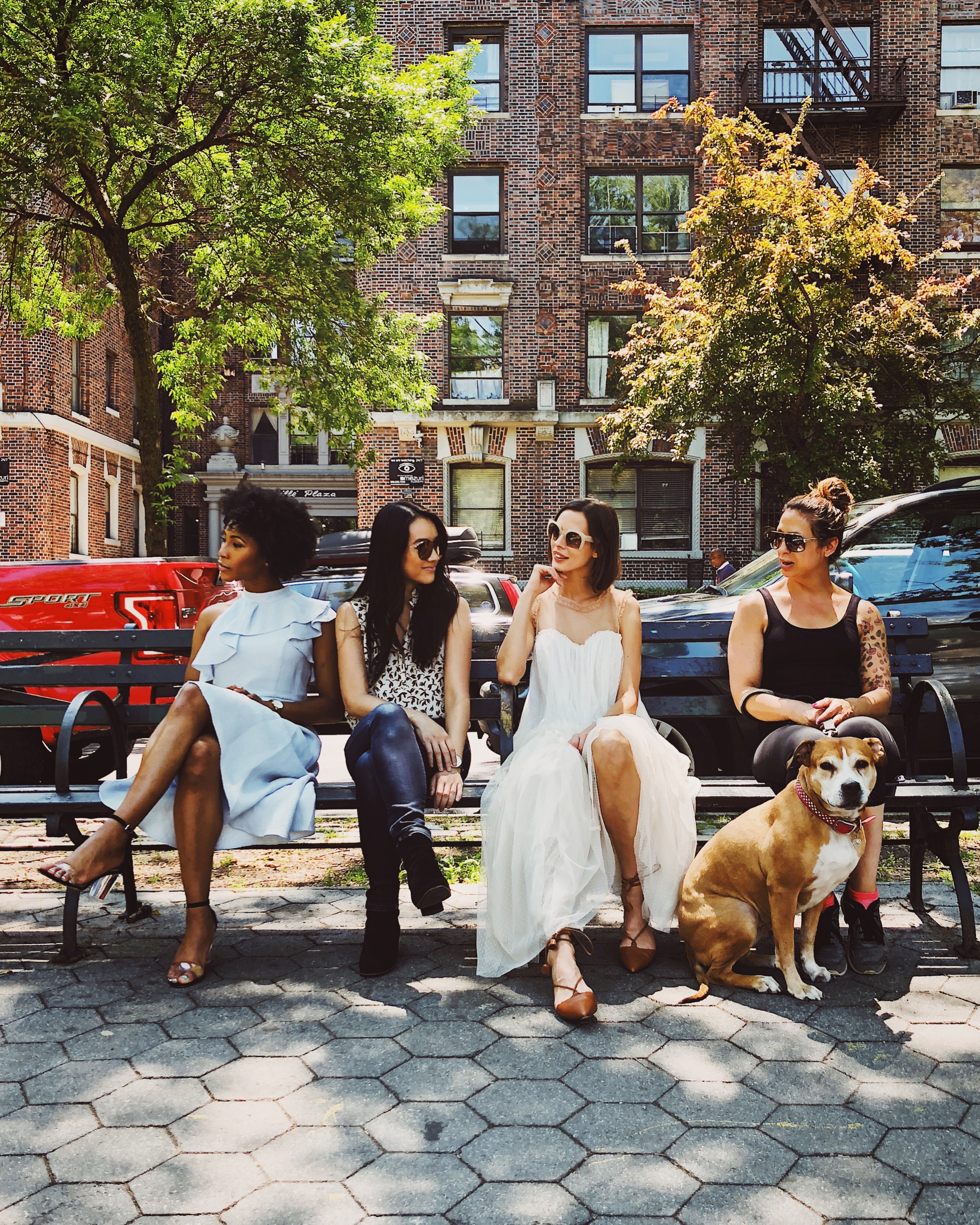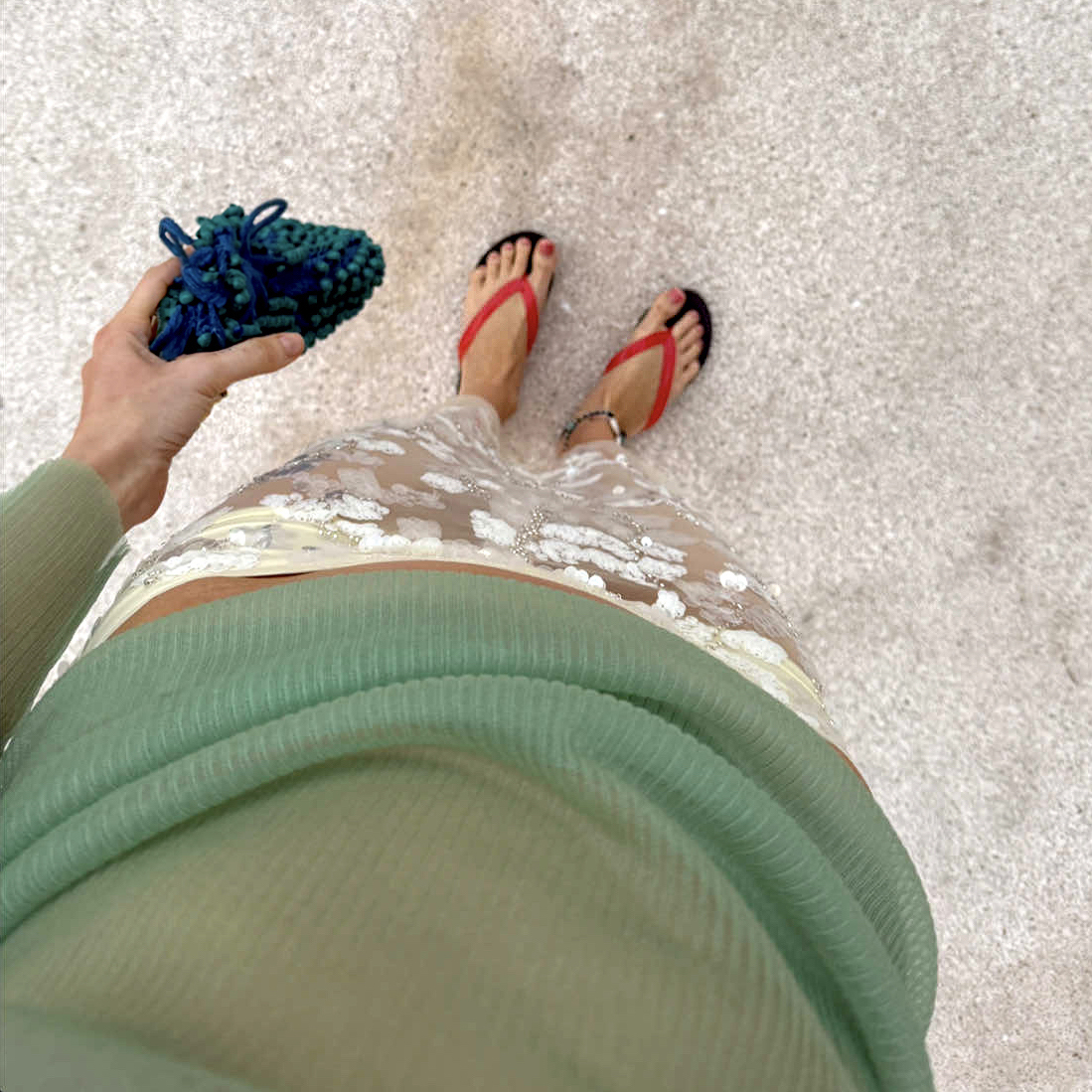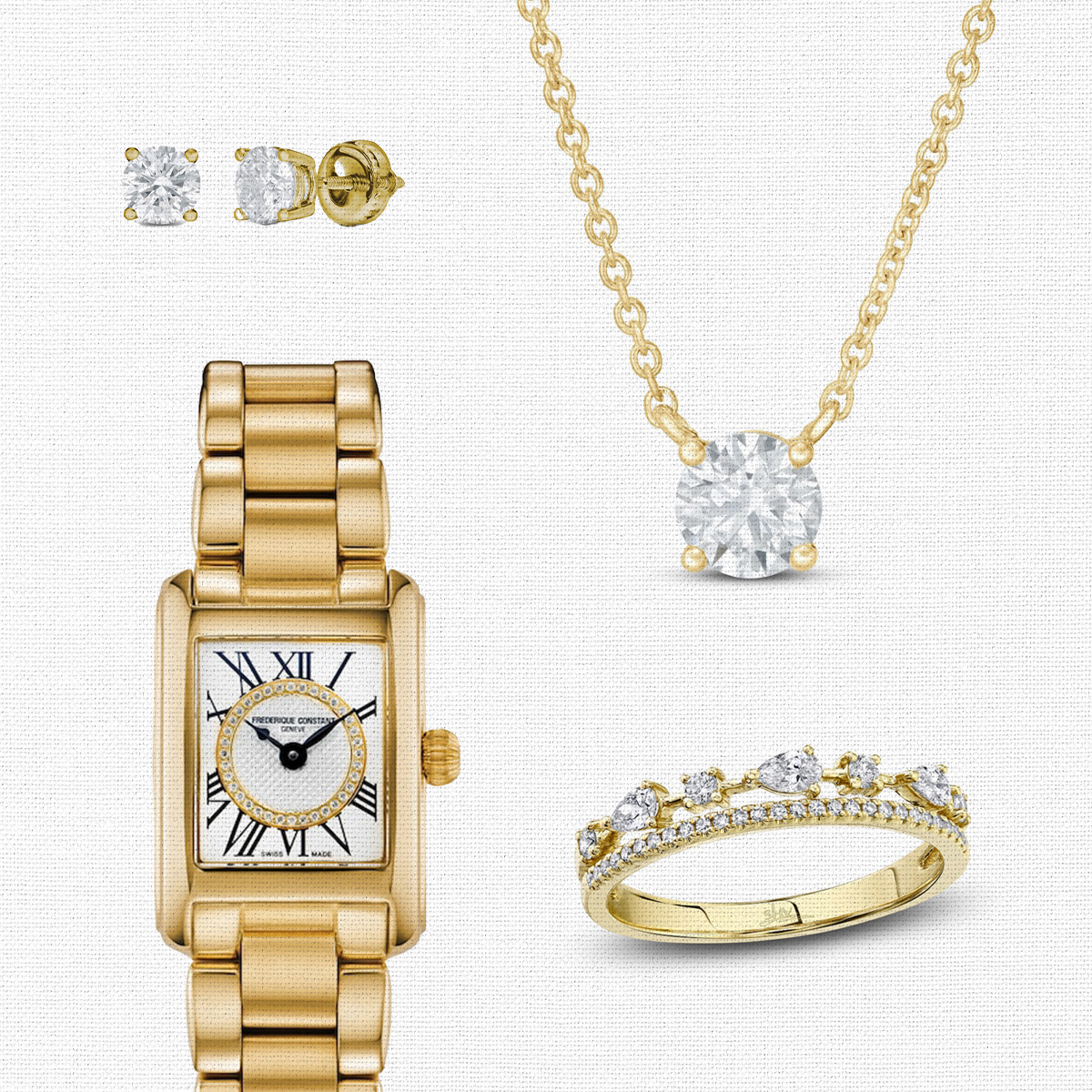5 Things That Mean Something Different to Someone With an Eating Disorder

I got the following New York Times push notification on Wednesday evening:
"What you eat has an effect on climate change,” my phone said.
It was an alert pegged to this huge (and beautifully designed) infographic that aimed to answer questions about how food is tied to the environmental crisis and, like any good health-related article, how you could do better. I immediately screenshot it. After 15-plus years of struggling with the same addiction—my addiction to my eating disorder—I know good ED porn when I see it.
To me, this push notification, and the entire article, reaffirmed all my screwed-up ideas about food. That you can eat in a "right” way. That what you choose to eat may be the difference between the world existing and the world falling apart.
The New York Times had no idea this push notification would set me off. How could it? Only an insane person would read that and rethink her dedication to treatment. It says, "Here’s how to do better,” and I read, "Your recovery is to blame for the climate crisis.”
Sound dramatic? Welcome to my life.
"People without eating disorders often are completely out of the loop on what can be triggering to someone in recovery,” my very own ED caseworker, Cassandra Lenza, reminds me. "I often say that those in eating disorder recovery and clinicians who treat eating disorders have, quite literally, their own language. This is because clinicians and clients alike are so much more careful with what we say than the average eater.”
So what are these words and phrases that mean something way different to someone who’s been struggling with an eating disorder? Like every good writer, I polled my Instagram fam to find out.
Here are the top five responses:
Eat Clean
A non-ED brain thinks: I feel better when my apartment is clean! How great would it feel for my food to be clean!
I think: Well, clean, by definition, means pure. So if there’s a way to eat clean, and I’m not following it perfectly, it must mean I’m eating "dirty,” which, of course, means I am dirty.
Sweat It Out
A non-ED brain thinks: fitness motivation!
I think: There is garbage inside my body that I need to get out.
Healthy
A non-ED brain thinks: I look great!
I think: Secret‘s out. Not only do they know I wasn’t healthy, but I’m so much bigger than I was and everyone is thinking it.
Detox
A non-ED brain thinks: I have been having way too much fun and need to get myself in a healthier place.
I think: My body is unable to properly get the "bad” out unless I work really hard to get it out and can physically see it leave me.
Cheat Day
A non-ED brain thinks: I am so stoked to eat this piece of cake. I deserve it. Treat yo’self!
I think: I am going against the rules and my morals by choosing to eat this. I can only eat this once in a while as a celebration.
Right now, I imagine you’re of one of two minds:
Shit. I’ve been saying this stuff all the time. I’m here to tell you that’s okay. You’re not responsible for knowing what will or will not trigger someone that you may or may not know is struggling. But we can all do better.
Or
I have been SEEN. But now what?
"If someone speaks in a way that makes you feel ashamed, or simply uncomfortable, about your food and wellness, you have to advocate for yourself,” Cassandra says. "It is never too silly to tell someone how you feel, especially if you are in recovery from an eating disorder and these words are affecting your progress. Be persistent and understanding. Sometimes our loved ones, who have no knowledge of that eating disorder language, need redirection and reminders. It’s okay to remind them or continue to ask for them to change their language. Finally, don’t talk about this at meal times. Wait until you are in a less anxious, more stress-free environment to bring up these difficult conversations.”
If you don’t feel comfortable having these difficult conversations quite yet, you can share this article. Because the more frequently we talk about these things that previously were seen as "too dramatic” or "silly,” the more comfortable we can make the world for everyone.
About the Chain
The Chain is a New York–based nonprofit that provides peer support for women working in the fashion and entertainment industries who are struggling with or recovering from an eating disorder.
The Chain was founded in December 2017 by Christina Grasso and Ruthie Friedlander, both in recovery from anorexia, after they encountered a need for a support network that addresses the challenges in eating disorder recovery unique to the fashion and entertainment industries.
The Chain aims to create a safe place for this population to share their experiences and gain insight through conversation, support, and community building. The Chain is peer-led and is not intended to be a substitute for professional medical advice, diagnosis, or treatment.
Learn more about The Chain here.
Next up: 4 Women on What They Learned From Going to Therapy
Disclaimer
This article is provided for informational purposes only and is not intended to be used in the place of advice of your physician or other medical professionals. You should always consult with your doctor or healthcare provider first with any health-related questions.

